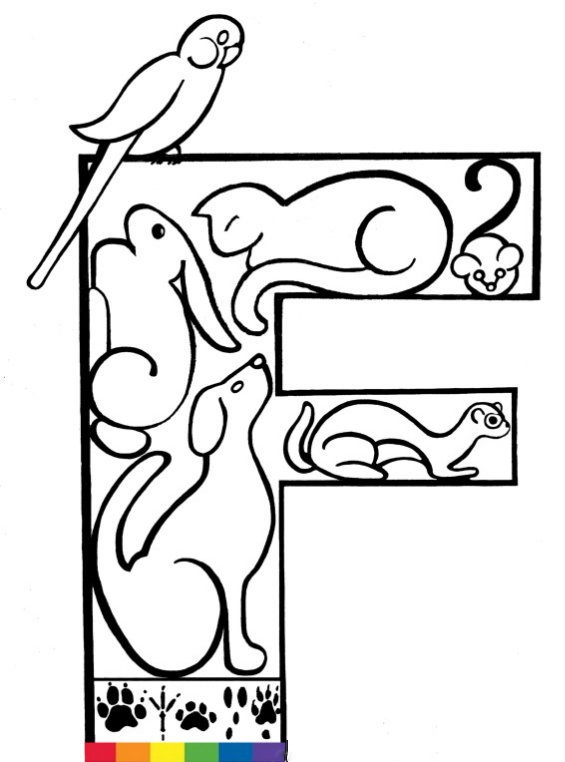Exotic Pets
- If you are confused as to what is considered an exotic pet, you aren't alone. There is a large amount of variation in how exotic pets are defined.
- Typically anything that isn't a dog, cat, or domesticated farm animal like a cow or horse is considered exotic.
- If it isn't a farm animal, dog, or cat, your vet probably considers it to be an exotic pet.
- If you are trying to figure out whether exotic pets are legal to keep where you live, check with your state or local government. Each state considers different animals to be exotic pets.
- The phrase "pocket pets" is generally used to describe your hamster, rat, mouse, ferret, rabbit, guinea pig, chinchilla, or other common pet shop pet.
- The most obvious pro of having an exotic pet is that they are unusual and unique.
- Exotic pets can also be very interesting to interact with.
- Another advantage of having exotic pets is that you may be the animal’s last chance for a good home.
- There are definitely “cons” to taking in exotic pets.
- Exotic pets require very specific care to stay healthy and happy.
- Many people who purchase exotic pets, like lizards and tropical birds, don’t understand this and as a result the pets die or become very ill.
- Oftentimes, there is a lack of knowledgeable veterinary care for specific exotics.
- The decision to get an exotic pet needs to be one that is based on the reality of your ability to care properly for the animal. If you are dedicated to providing the right environment, food and medical care that the animal needs then you are a most likely a good candidate for an exotic pet.
- Some exotic pets can be even more work than we first imagined. Many breeds require plenty of specialist care while others may need specific setups or dietary needs that can see them taking up a lot more of our time than we ever believed.
- Sadly, their unique appearance and rarity can also make exotic pets highly desirable amongst thieves.
- Many exotic pets come from habitats that might have been destroyed in the wild, or from facilities that are no longer able to accommodate their needs. People taking them in as their own could be some of these animals’ only chances at getting a forever home filled with love. Plus, they are likely to get a lot more attention as someone’s pet than these animals would if they were merely handed over to a zoo.
- As well as giving these animals the chance to spend their lives in a loving home, they can also help to educate anyone they meet. That’s right; many people may not have heard of these animals or seen one before. Their presence can be enough to help with their conservation.

